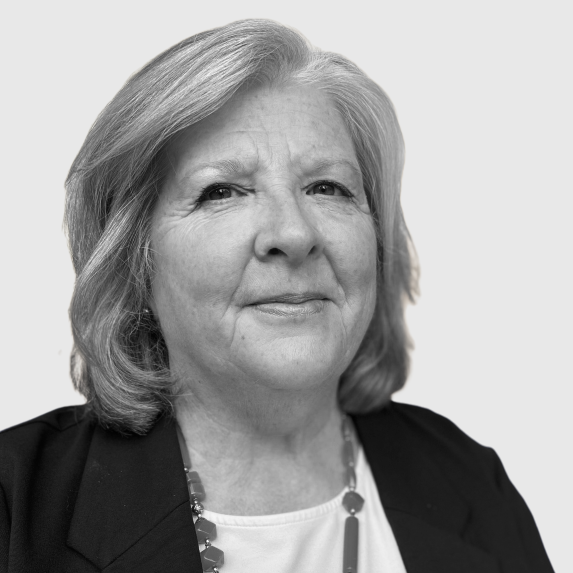Is Debt Consolidation The Answer to Debt Relief?
If you have significant debt, then you might have been contacted by a debt consolidation company that offered you a solution that sounds too good to be true: consolidating your debt into one account and avoiding bankruptcy. However, when something sounds too good to be true, it usually is. There are many downsides to debt consolidation that such companies and representatives will never tell you.
Speak to a Lawyer Before a Debt Consolidation Company
At Watton Law Group, we want everyone who needs debt relief to truly use the correct legal tools and channels. Before you get fooled by a debt consolidation company’s services, please call us at (888) 405-2519 and discuss your situation with our attorneys. We will give you our honest and informed opinion about debt consolidation, and if there are better solutions, like a Chapter 7 or Chapter 13 debt adjustment through the courts.
We genuinely care about you and your family’s financial future.
The Hidden Truth Behind Debt Consolidation
Debt consolidation companies promise to take your debts, combine them into a new account, and negotiate. It sounds like an easy way to reduce your debt and the amount of interest you pay overall. But the truth is that debt consolidation is just a commercial service sold to consumers. Unlike bankruptcy, it is not a legal process or right as guaranteed under the United States Constitution.
When a debt consolidation provider talks to your creditors, there is no guarantee that the creditors will be interested. They are not obligated at all to work with the debt consolidation company. Nothing stops the creditors from suing you and garnishing your wages if they do not accept the negotiation or if it takes too long to come up with the funds necessary to settle the account.
In short, debt consolidation is problematic because it is not a debt relief method that is officially backed and protected by federal law. If you take this route, then you will be putting your faith, finances, and future in the hands of a process that might not make a positive difference.
Understanding the Risks of Choosing Debt Consolidation
The main risks of debt consolidation, if it does not help your situation, are:
- Credit score damage: In the process of consolidating your debts, these companies will tell you to stop paying your debts directly. These missed direct payments will reflect on your score. Also, if they are successful, they will be settling the debts for less than the amount owed, which will be negatively reflected. As a result, your credit score could be worsened before your debts are even consolidated.
- Unadjusted interest rates or amounts of debt: There is no guarantee that a lower overall interest rate or amount of debt will be possible through debt consolidation. Your creditor’s participation in these types of programs is 100% voluntary.
- Losing collateral property: Debt consolidation won’t negotiate agreements to catch up on missed mortgage or car loan payments. You could still lose your home to foreclosure or your car to repossession.
- Significant fees: Debt consolidation companies do not work for free, and most take their fees upfront before any money goes to your creditors. You will owe them fees for their services. If the consolidation is not successful or makes things worse, then you will have to pay them, which is probably not a cost that your finances can take.
- Increased debt: When all of the other potential consequences of debt consolidation are factored together, it is possible that you can end up with more debt than when you started.
- Tax consequences: The forgiveness of debt other than through bankruptcy or while insolvent is considered taxable income. Even if the debt consolidation company is successful, you could still face a significant IRS bill in the end. Next tax season, after a debt consolidation, you will have to show proof that the amounts that were forgiven are not counted as income, too.
- Lawsuits: Typically, the first step of debt consolidation is to stop paying your bills and instead start paying money to the debt consolidation company. When this happens, creditors will often get impatient and initiate a lawsuit to collect. If this happens before there are sufficient funds to settle the debt, you could face garnishments and other aggressive collection attempts.
- You may still wind up in bankruptcy: If the debt consolidation fails or if uncovered debts become too pressing, you will most likely wind up in bankruptcy after several months or years.
- Most debts are ineligible: Debt settlement companies focus on credit cards and unsecured signature loans. They do not usually work with student loans, secured loans (like vehicles and houses), payday loans, or medical bills.
Bankruptcy: A Viable Alternative to Debt Consolidation
Rather than rushing into debt consolidation, you should speak with Watton Law Group about Chapter 13 or 7 debt adjustment through the courts. Bankruptcy can be an incredibly helpful and positive process, especially when it is managed by a professional bankruptcy attorney. When done right and in certain circumstances, bankruptcy can discharge all or most of your debt, allow you to keep all or most of your important assets, and make a minimal and reversible impact on your credit score.
Explore Debt Relief Options in Your Area
The typical private debt consolidation plan is to try to negotiate your debt through payments or an offer of a lump sum that is less than your overall balance. Typically, you will cease making payments directly to the creditors you have enrolled in the plan and start making a payment to the company in lieu of those payments. As the company builds up money, it will attempt to negotiate directly with the creditors. While you continue to make these payments, typically, no money is flowing to the creditors.
Seek reliable legal counsel by using an online contact form now.










































